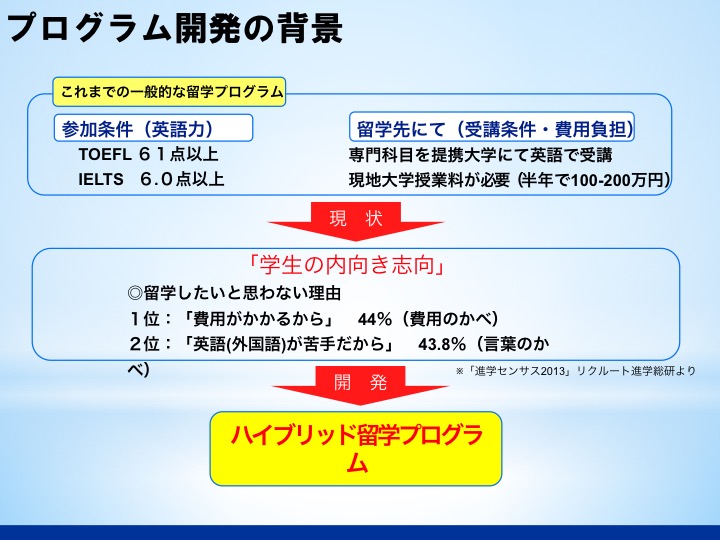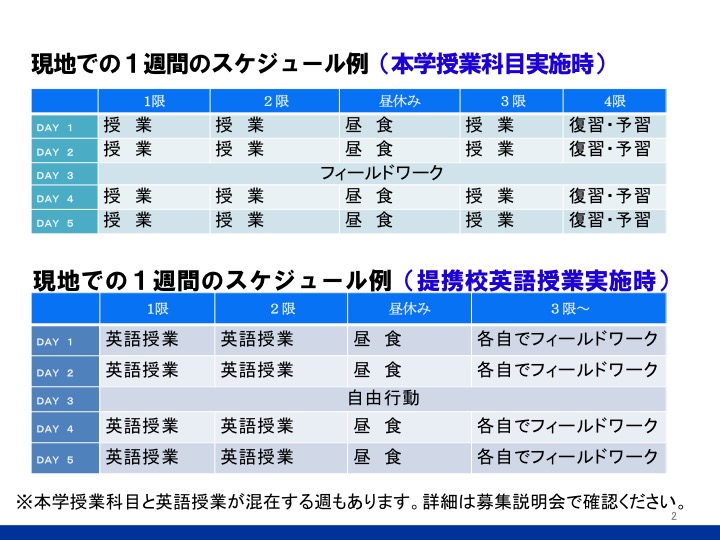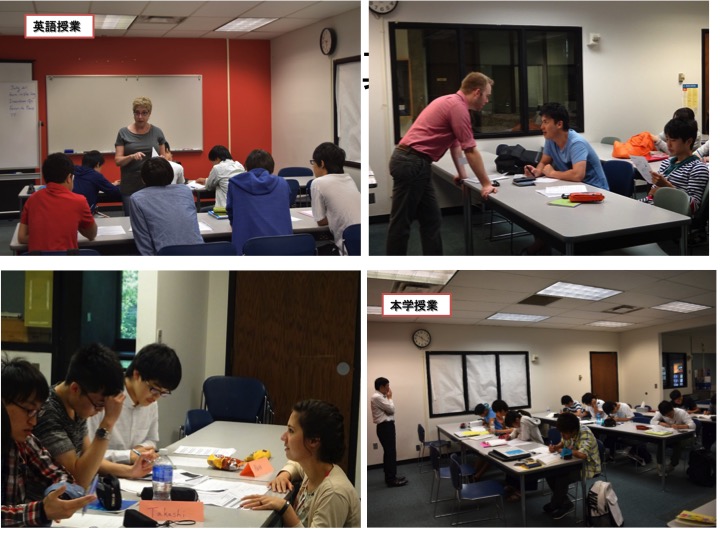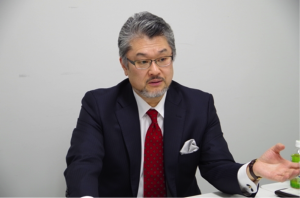This initiative was adopted by the Ministry of Education, Culture, Sports, Science and Technology's "University Education Rebuilding Acceleration Program (AP)" in 2015, and has attracted a great deal of attention from students aiming to become science and engineering engineers, as well as from education and industry.Therefore, this time, we asked Mr. Toshishi Aoki, Director of Global Strategy Department, Kogakuin University, who is in charge of development and operation of hybrid study abroad, about the characteristics of the original global program centered on hybrid study abroad, including the development process and concept. You talked.
Study abroad system in a hybrid environment that removes the barriers of "language ability and cost"
In recent years, while global human resource development has been required, the number of students studying abroad from Japan (Japanese international students) has been declining since peaking at about 2004 in 8.It has been pointed out that one of the factors is "inward-looking young people" who do not want to study abroad, but it seems that "the height of the hurdle to participate in study abroad" has a great influence on that.
In the conventional study abroad program at a university, in order to prevent repetition due to lack of credits while studying abroad, as the minimum required credits, students take specialized courses offered by the partner university, etc. in the local language, and after returning to Japan. The general method was to certify the credit.Therefore, when studying abroad, it is essential to obtain a standard score or higher by the English proficiency test (TOFEL, IELTS, etc.) as a condition for admission to a partner university.In addition, while studying abroad, tuition fees at partner universities (about 100 to 150 million yen in half a year) will be collected, so it is necessary to clear the two hurdles of "language skills + cost burden", so studying abroad is familiar. It was difficult to think of it as a thing.
In a survey of university students (*), the reasons for not wanting to study abroad were "because it costs money (44%)" and "because I am not good at English (43.8%)", which ranked first and second. It seems that many students are feeling the "cost barrier and language barrier".
* From "Advancement Census 2013" Recruit Advancement Research Institute
Therefore, at our university, we have independently developed a "hybrid study abroad" program that prioritizes "crossing the sea first" by removing the two major barriers of "language and cost" and lowering the hurdles for studying abroad. We started the introduction from the fiscal year.

The most distinctive feature of the hybrid study abroad program is the medium-term study abroad program (4 months in the United Kingdom) in which the faculty members of the university who travel to the university conduct the courses in Japanese and live in English through a homestay during their stay in the country. , USA 10 weeks).Since the faculty members in charge of each subject will be dispatched to the site one by one and short-term intensive lectures will be held at the affiliated school of the study abroad destination, there will be no local tuition fees (the person will only have to pay for homestay and travel expenses). There are merits that you can take the lessons and earn credits, and because the lectures are in Japanese, the degree of understanding is high.

Of course, strengthening English proficiency by taking advantage of the opportunity to study abroad is also an essential task.While studying abroad, our university and local affiliated schools collaborate to provide English classes similar to those in Japan.Furthermore, in order to improve communication skills in English, we will provide a curriculum that incorporates presentations and speeches in English under the guidance of instructors at partner schools.
In addition, by staying with a local family in a homestay (1 Japanese person per family), you will have more opportunities to come into contact with raw English and experience the lifestyle and manners of the United States and Britain.


